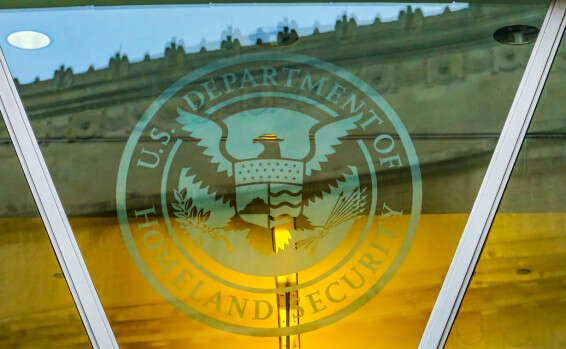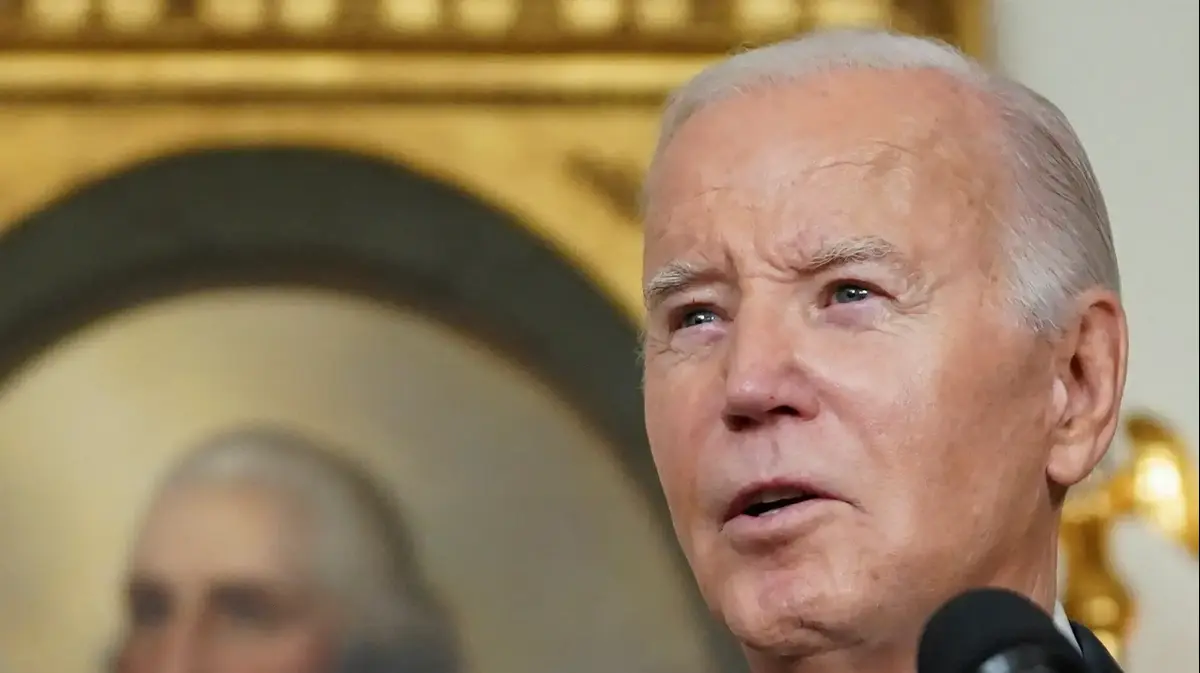US Department of Homeland Security wants to apply biometric face scans to civilians • Human rights groups are already opposing the initiative
Want facial scans. US Department of Homeland Security // Photo: Getty Images
The US Department of Homeland Security has joined other government officials this week who are pushing to introduce a comprehensive face-scanning technology to all incoming and outgoing citizens of the United States - including US citizens and permanent residents.
These people have so far been exempt from this requirement and have not been tested by face scanning at US entrances and exits. The firm's reasoning deals with the relative ease with which various documents can be forged and thus violate US law and infiltrate hostile factors that endanger US residents.
Understandably, the new demand generates a wave of objections among American human rights organizations who claim that it is a serious violation of individual rights and the constitutional right of American citizens to move freely.
G Stanley, a senior analyst at the American Civil Liberties Union (ACLU), attacked the new Interior Ministry initiative, saying "the authorities are violating this long-standing promise to reduce their intrusion and invasion into civilian life. It's about invasive technology and unfair behavior."
Stanley pointed to the very possibility that this would create a vast database that would enable the government to exploit it as a sufficient reason for preventing the establishment of such technology and a reservoir - it should be noted, similar to the Israeli biometric database.
More on:
Why is the biometric repository backed up on a private server farm?
The ACLU announced that it would urge Congress not to accept this recommendation but for now it will not act beyond that, as the content of the recommendations has not been published.
Either way, the United States is questioning the Department of Homeland Security's ability to set up such an array at the top 20 US airports by 2021. The reason is that the system is not yet ripe and there are technical failures in identifying citizens' faces, beyond that there is not enough manpower To activate the new array even if erected.
Related sources say that even if the unexpected happens and the Ministry of Internal Security succeeds in organizing a budget to train enough examiners, the technology may not meet its expectations and will not be reliable enough to detect people using fake documents.
Tracking expands
At the same time, a new study by the Carnegie Foundation reveals that the use of artificial intelligence for citizen surveillance is rapidly spreading, and that 75 countries around the world are already using such technologies, including many democracies.
According to the report, 64 countries are actively using facial recognition, 56 are implementing smart city systems, and 52 are using smart policing technologies. In fact, half of Democratic states use some of these software, compared to 37 percent of authoritative states.
Chinese companies including Wavi, ZTE and others provide such technologies to 63 countries and 36 of them have signed a treaty with China in the field of civilian control. In fact, China is subsidizing the sale of these technologies to poor countries in Africa and the world, reinforcing the administration's claims that the Chinese wavy company does indeed pass information to the government.





/cloudfront-eu-central-1.images.arcpublishing.com/prisa/637CACUX5L6LSAVALJA2TRYTGU.jpg)









